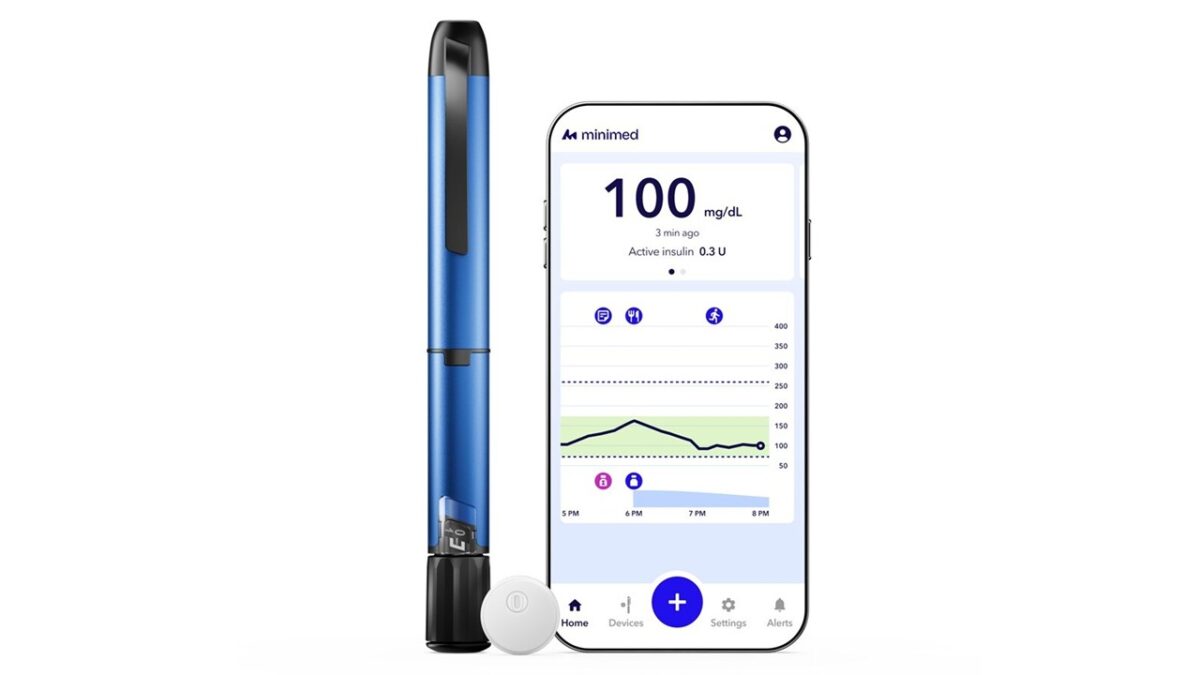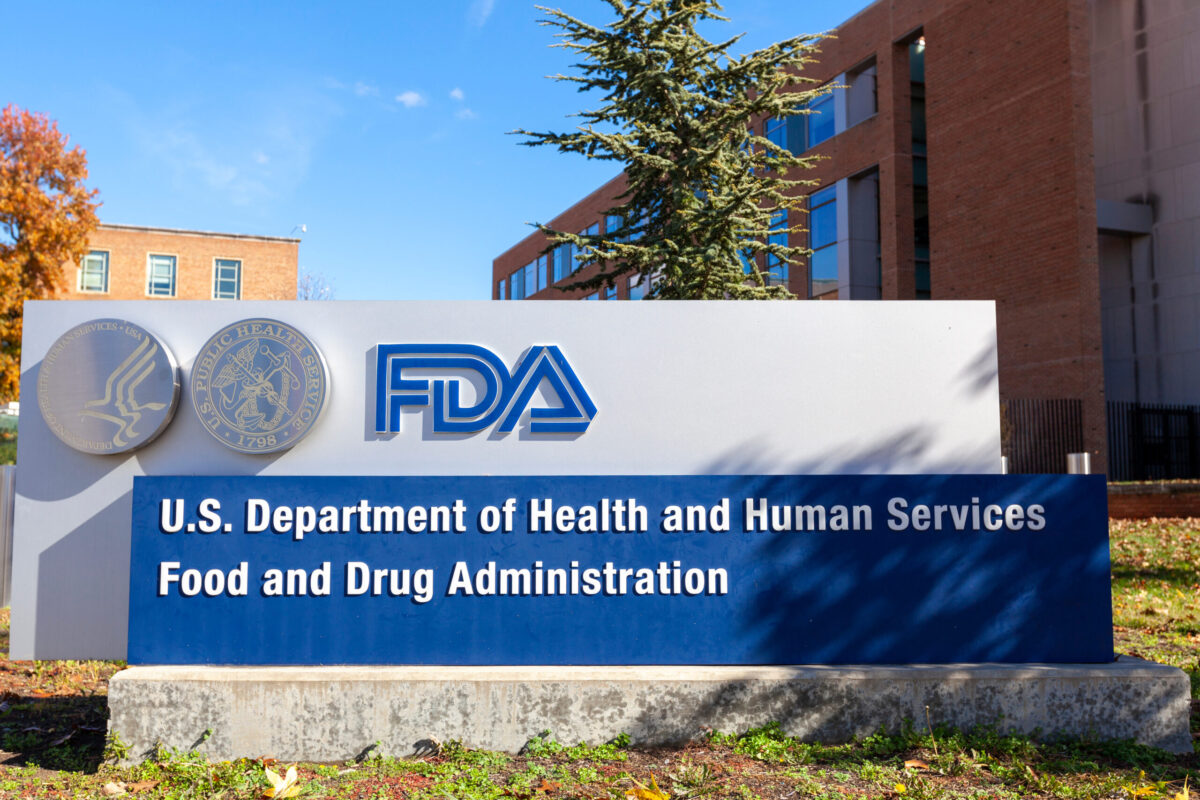Cassava Sciences has officially ended its Alzheimer’s drug development program for simufilam.
The termination came after the drug failed to meet its co-primary, secondary and exploratory biomarker endpoints in the Phase III REFOCUS-ALZ clinical trial.
Cassava discontinued the trial on November 25, 2024, after a previous study, the Phase III RETHINK-ALZ trial, did not meet its co-primary endpoints.
A large portion of the 1,125 participants in the REFOCUS-ALZ completed their final study visit before the trial ended.
All patients completed 52 weeks of follow-up and many reached the 76-week assessments before Cassava ended the trial. Hence, Cassava still had a chance to show that simufilam may still have promise.
However, that did not happen as the trial failed to show significant improvements in either cognitive or functional outcomes, the trial’s co-primary endpoints.
On the ADAS-Cog12 cognitive impairment scale, scores increased by 4.97 and 5.26 points in the two simufilam groups (100mg and 50 mg doses). There was a 4.70-point increase in the placebo group.
On the ADCS-ADL functional ability scale, scores declined by 6.27 and 6.43 points in the simufilam arms, and by 5.32 points in the placebo group.
The REFOCUS-ALZ trial was a randomized, double-blind, placebo-controlled study evaluating simufilam in patients with mild-to-moderate Alzheimer’s.
“We are disappointed that the results of REFOCUS-ALZ and RETHINK-ALZ showed no treatment benefit for patients with mild-to-moderate Alzheimer’s disease. These results were unambiguous,” said Cassava president and CEO Rick Barry.
Simufilam, an oral small-molecule drug, works to restore the normal shape and function of a scaffolding protein called filamin A. Cassava theorized it plays a central role in Alzheimer’s pathology.
However, things did not unfold as expected.
“Cassava will discontinue all efforts to develop simufilam for Alzheimer’s disease and we expect to phase out the program by the end of Q2 2025,” said Barry.
With two pivotal trials now deemed unsuccessful, Cassava confirmed it will cease pursuit of simufilam in Alzheimer’s.
Cassava Sciences’ shares dropped more than 20% to $2.20 on Tuesday following the news.
Simufilam Controversy
Controversy has clouded Cassava’s development of simufilam for the past couple of years.
In 2022, the company faced allegations of data manipulation in preclinical studies, prompting multiple investigations. The company has consistently denied any wrongdoing.
Last year, Cassava Sciences agreed to pay $40 million to settle a US Securities and Exchange Commission (SEC) case. The case alleged that the company had presented misleading data from its Phase IIb trial of simufilam.
The SEC’s allegations targeted the company along with Cassava founder and former CEO Remi Barbier, and former senior vice president of neuroscience, Dr. Lindsay Burns.
The charges are one of several challenges Cassava Sciences has faced in connection with simufilam.
According to reporting by Global Data, a separate SEC case was filed against Dr. Hoau-Yan Wang, an associate medical professor at the City University of New York’s (CUNY) Medical School and co-developer of the drug, accusing him of manipulating reported clinical trial data. The SEC alleges that Wang violated federal securities antifraud provisions and aided and abetted Cassava’s violations of reporting requirements.
The company also filed a defamation lawsuit against short sellers. Additionally, it also contended with a citizen petition submitted to the FDA seeking to stop the drug’s clinical trials.
Despite simufilam’s current setback, Barry said the company has started preclinical studies to evaluate simufilam as a treatment for tuberous sclerosis complex (TSC)-related epilepsy.
Along with this research, Barry said Cassava continues to pursue its “ongoing strategic expense management efforts.”
Cassava closed the year with $128.6 million in cash and cash equivalents.











Join or login to leave a comment
JOIN LOGIN